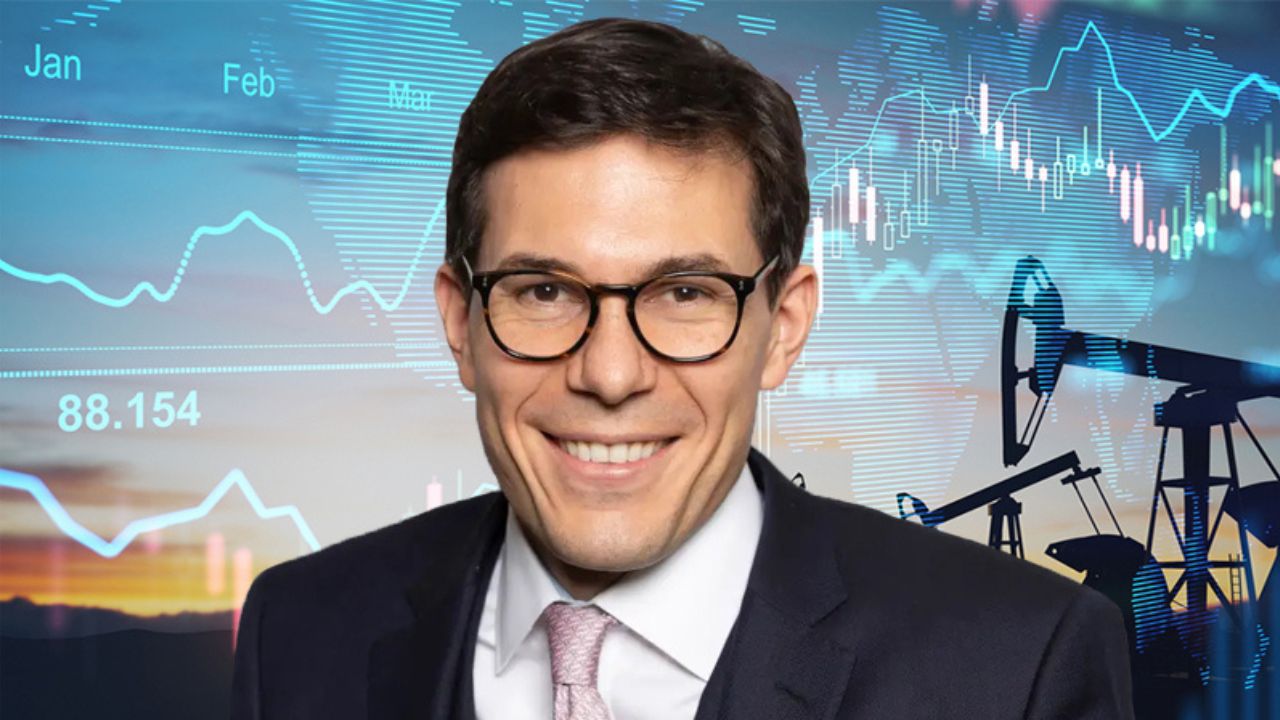Investors are flocking to momentum stocks at an unprecedented rate, echoing the patterns seen during the dot-com bubble of the late 1990s, a trend that raises alarms among strategists at JPMorgan.
Dubravko Lakos-Bujas and his team emphasize the dynamic nature of momentum as a stock factor, susceptible to changes based on macroeconomic and fundamental conditions.
This dynamism often leads to overcrowding, culminating in sharp corrections known as “momentum crashes.”
The strategists highlight three such episodes since the Global Financial Crisis (GFC): The Great Trash Rally (2009-11), the Low Vol Bubble (2014-16), and the Covid High Beta Bubble (2020-21).
The current surge into artificial intelligence (AI) and large language model (LLM) market themes, through stocks like Nvidia (NVDA), places the momentum at the 99.8% percentile of historical moves.

This momentum crowding is attributed, in part, to investors’ relentless pursuit of sustainable growth stocks amid a challenging macroeconomic backdrop.
Growth stocks, characterized by a higher likelihood of elevated earnings, revenue, or cash flow, are now deemed to have the “highest sensitivity” to the market.
Timing and Vulnerability: The CPI Report
Investors’ keen interest in momentum stocks, coupled with the voracious demand for sustainable growth, has heightened vulnerability to external market events.
JPMorgan pinpoints Tuesday’s eagerly anticipated Consumer Price Inflation (CPI) report as a potential trigger. Economists foresee the strongest inflation jump since September, adding to the concerns of a market correction.
The strategists caution that the current market dynamics, resembling those before previous momentum crashes, might expose investors to a substantial risk in the aftermath of the CPI revelation.
JPMorgan’s Bearish Stance and Tech Valuations
Despite the surge in momentum stocks, JPMorgan maintains a bearish outlook, forecasting the S&P 500 to reach 4,200 by 2024. This cautious stance has proven costly for the bank in the face of last year’s market rally.

However, JPMorgan analysts led by Mislav Matejka offer a different perspective in a separate note, suggesting that top-performing tech stocks may not be in bubble trouble.
They argue that these stocks are undervalued in comparison to their counterparts, potentially challenging the prevailing narrative of an imminent tech bubble.
